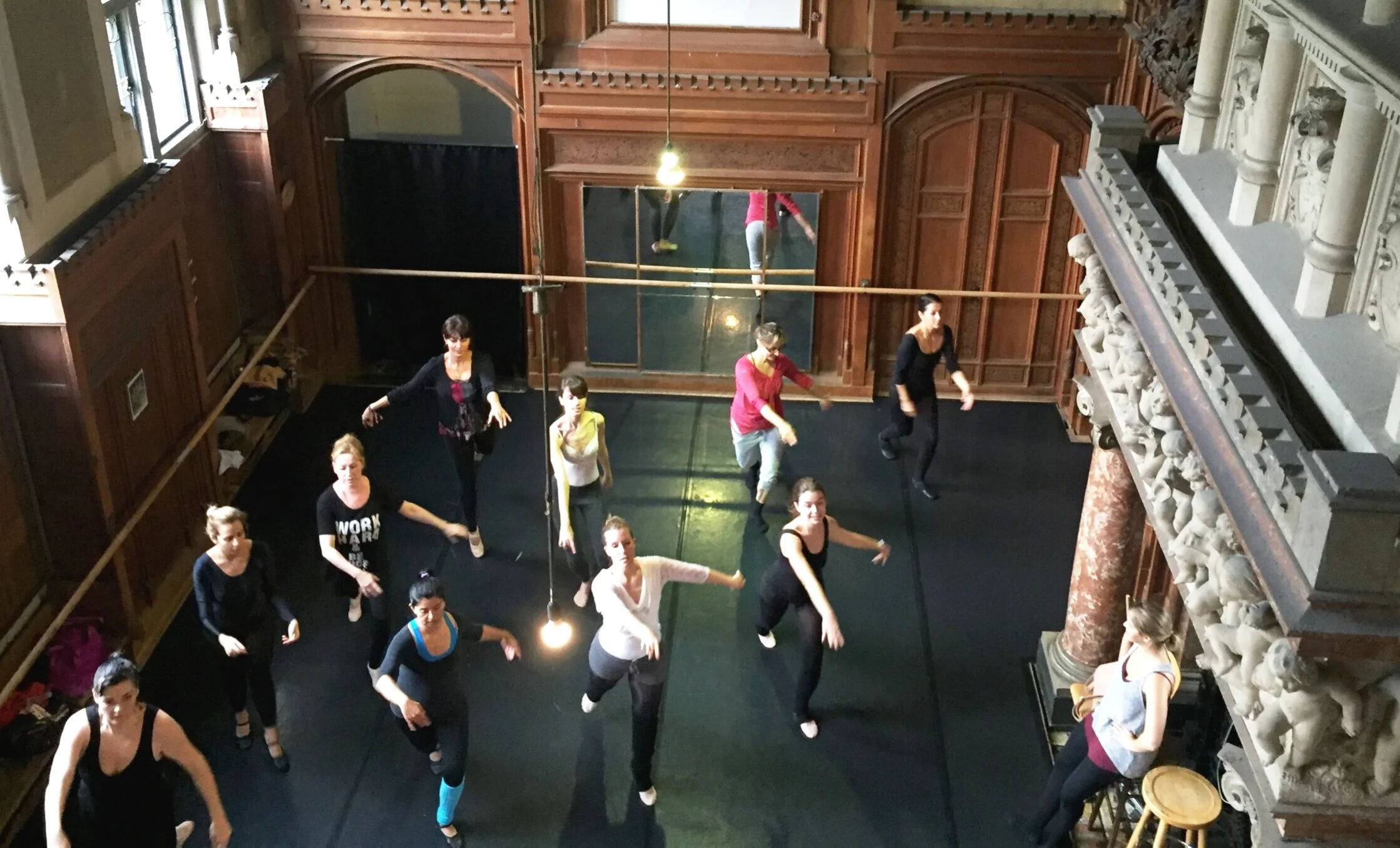What happens when you stop exercising?
We all know that regular exercise can make you feel great, both physically and mentally, it contributes towards weight loss, bone density, mental health gains, sleep benefits to name a few; but what happens when we stop for certain periods of time. And how long do the effects last?
What happens when you stop exercising for a few days?
Don’t worry – not much physiologically. In fact, a few days away from exercise – can do quite a lot of good for your muscle & joint recovery, as well as to relax mentally from any physical stress. Sometimes taking a bit of time off can make your body to feel much better after the short break.
What happens when you stop exercising for a week?
This is when the body starts to show the effects of not exercising. Various studies show that you see health compromises after about 4-5 days or so. Lack of exercising might also start to affect our sleep. Physical activity increases time spent in deep sleep, the most physically restorative sleep phase. Deep sleep helps to boost immune function, support cardiac health, and control stress and anxiety.
Working out creates proteins as well as endorphins which can help protect your brain from stress-induced depression. So when you stop exercising, you can miss out on these natural anti-depressants.
What happens when you stop exercising for two weeks?
Now this is when you might want to start to take notice. A study by Dr Kelly Bowden Davies, a lecturer in exercise physiology from Manchester Metropolitan University, and her group of 28 healthy, regularly active adults with an average age of 32, found that after two weeks of acting like a couch potato, fitness levels dropped by 4 percent. Not only that, but their waist circumference rose by nearly one-third of an inch, liver fat increased by 0.2 per cent and total body fat went up by 0.5 per cent.
It’s worse news for our mood. When 40 regular exercisers stopped working out for two weeks, they experienced increased levels of depression, tension and even anger. Exercise significantly increases blood circulation in your brain, therefor lack of it can also affect your memory and you might become more forgetful. Exercising ballet increases for focus, concentration and memory dramatically, to remember proposed steps and to reproduce it directly forces your mind to be constantly active and agile. When University of Maryland researchers scanned the brains of fit older athletes, they found that blood flow to the athletes’ brains — particularly to the hippocampus, a structure involved in learning and memory — dropped significantly after a 10-day exercise hiatus.
The return to form
But there is good news. After two weeks of slobbing out, researchers found that it just took the participants another two weeks to get back to normal. Your mind responds similarly well to getting back on it: even short bursts of exercise — 10 to 40 minutes — lead to an immediate boost in concentration. Have you tried Ballet Body Sculpture online classes? We have a variety of professionally structured classes, from beginner to intermediate or even advanced levels – whether you are looking to improve your ballet technique, become more flexible, strengthen the core, love dancing or simply would like to sculpt specific body areas.
Getting back to exercise is always harder the longer you had a break from it. That’s way you should always choose the activity you enjoy the most, something you wouldn’t mind doing often, this way the exercise will feel more like fun and you more likely to commit to it. Consistency will boost those endorphins in your brain and proteins in your body will rapidly start shaping progressive results.
Try some of our new classes from the Series with Claire or check our our Full Online Library and start your free trial, it’s about time for your New Year’s resolution! Xx
Source:

